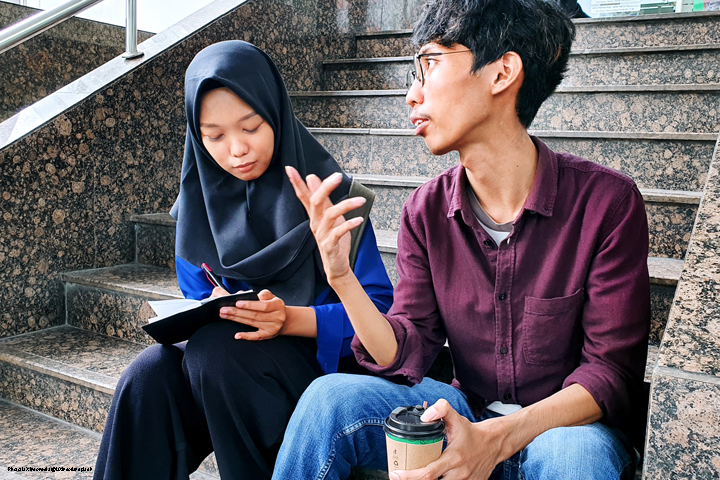Convenors: Bronwen Magrath, Elizabeth Walton and Yvette Hutchinson
International education and development research has been a force for good over the years. It has identified areas for intervention, shaped policy, and has resulted in initiatives that have made a material difference to lives and livelihoods. It has also been (rightly) critiqued for a number of reasons, including the exclusion of local and community actors, inequitable research partnerships and unethical practices. Some international education and development research reinforces colonial patterns of power and privilege and works against the achievement of globally just, equitable and inclusive education.
This theme aims to “build back better” by focusing first on reimagining research methods with discussions of imaginative, innovative and inclusive methods. This could mean considering what methods align with indigenous knowledge architectures and how technology shapes methodological possibilities, especially during the pandemic. Second, we want to reorient ethics where we’re interested in explorations of contested notions of ‘ethics’, and what it means to navigate different institutional and local ethical priorities and responding to unanticipated and complex ethical dilemmas. Finally, we’re focusing on redistributing the ‘goods’ of research by considering engagement with non-traditional research partners like non-state actors and civil society and focusing on neglected themes like adult education, training and lifelong learning.
We welcome submissions that develop these conversations with reference to empirical or conceptual research in international education and development, based around the following questions
- How can international education and development research methods be reimagined to be authentically participatory and collaborative?
- What constitutes ethical research in international education and development and determines the boundaries of ethics in research?
- Who benefits from current research arrangements?
- How can dominant and hierarchical distributions of research power and prestige be disrupted?


